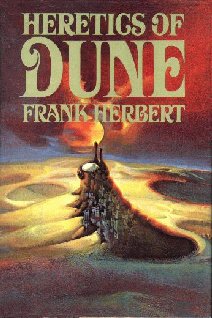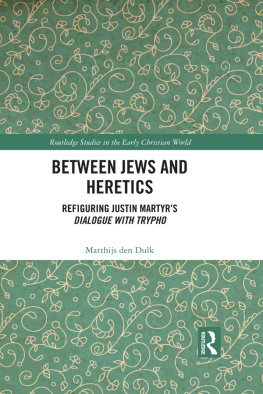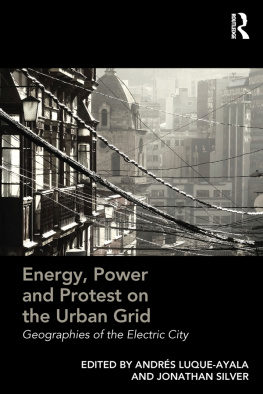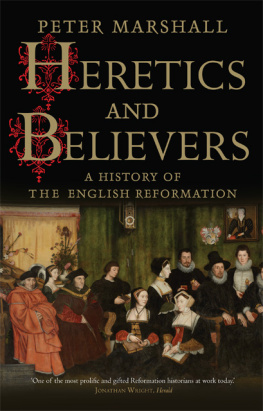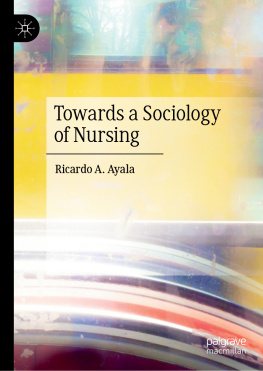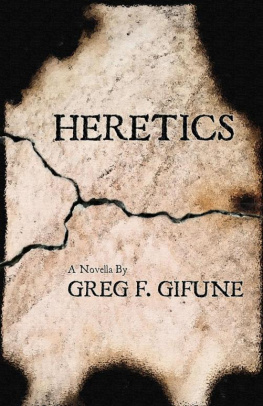Ayala Fader - Hidden Heretics: Jewish Doubt in the Digital Age
Here you can read online Ayala Fader - Hidden Heretics: Jewish Doubt in the Digital Age full text of the book (entire story) in english for free. Download pdf and epub, get meaning, cover and reviews about this ebook. year: 2020, publisher: Princeton University Press, genre: Politics. Description of the work, (preface) as well as reviews are available. Best literature library LitArk.com created for fans of good reading and offers a wide selection of genres:
Romance novel
Science fiction
Adventure
Detective
Science
History
Home and family
Prose
Art
Politics
Computer
Non-fiction
Religion
Business
Children
Humor
Choose a favorite category and find really read worthwhile books. Enjoy immersion in the world of imagination, feel the emotions of the characters or learn something new for yourself, make an fascinating discovery.

- Book:Hidden Heretics: Jewish Doubt in the Digital Age
- Author:
- Publisher:Princeton University Press
- Genre:
- Year:2020
- Rating:3 / 5
- Favourites:Add to favourites
- Your mark:
- 60
- 1
- 2
- 3
- 4
- 5
Hidden Heretics: Jewish Doubt in the Digital Age: summary, description and annotation
We offer to read an annotation, description, summary or preface (depends on what the author of the book "Hidden Heretics: Jewish Doubt in the Digital Age" wrote himself). If you haven't found the necessary information about the book — write in the comments, we will try to find it.
Hidden Heretics: Jewish Doubt in the Digital Age — read online for free the complete book (whole text) full work
Below is the text of the book, divided by pages. System saving the place of the last page read, allows you to conveniently read the book "Hidden Heretics: Jewish Doubt in the Digital Age" online for free, without having to search again every time where you left off. Put a bookmark, and you can go to the page where you finished reading at any time.
Font size:
Interval:
Bookmark:
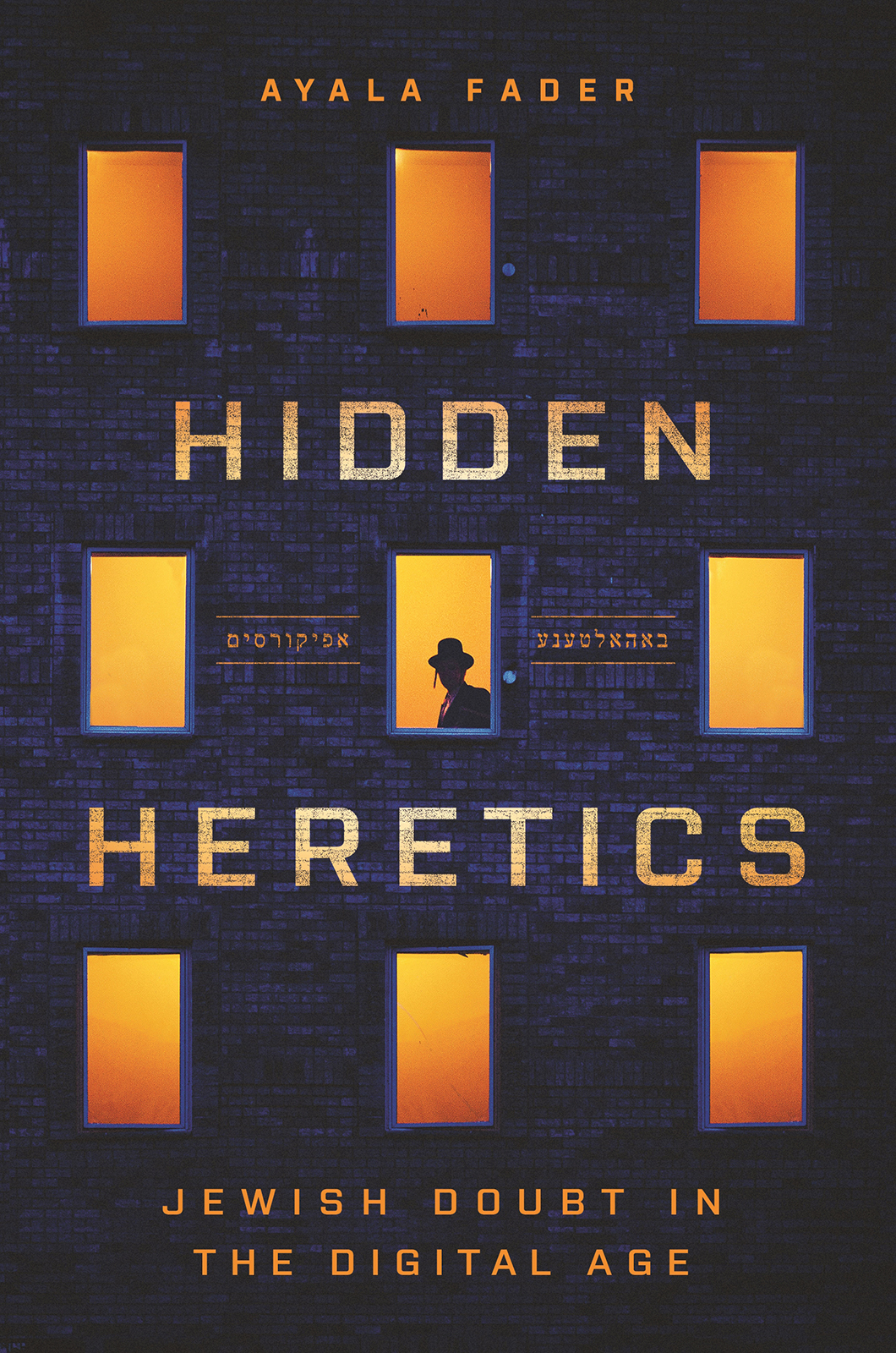
HIDDEN HERETICS

Princeton Studies in Culture and Technology
Tom Boellstorff and Bill Maurer, series editors
This series presents innovative work that extends classic ethnographic methods and questions into areas of pressing interest in technology and economics. It explores the varied ways new technologies combine with older technologies and cultural understandings to shape novel forms of subjectivity, embodiment, knowledge, place, and community. By doing so, the series demonstrates the relevance of anthropological inquiry to emerging forms of digital culture in the broadest sense.
Hidden Heretics: Jewish Doubt in the Digital Age by Ayala Fader
Hacking Diversity: The Politics of Inclusion in Open Technology Cultures by Christina Dunbar-Hester
Hydropolitics: The Itaip Dam, Sovereignty, and the Engineering of Modern South America by Christine Folch
The Future of Immortality: Remaking Life and Death in Contemporary Russia by Anya Bernstein
Chasing Innovation: Making Entrepreneurial Citizens in Modern India by Lilly Irani
Watch Me Play: Twitch and the Rise of Game Live Streaming by T. L. Taylor
Biomedical Odysseys: Fetal Cell Experiments from Cyberspace to China by Priscilla Song
Disruptive Fixation: School Reform and the Pitfalls of Techno-Idealism by Christo Sims
Everyday Sectarianism in Urban Lebanon: Infrastructures, Public Services, and Power by Joanne Randa Nucho
Democracys Infrastructure: Techno-Politics and Protest after Apartheid by Antina von Schnitzler
Digital Keywords: A Vocabulary of Information Society and Culture edited by Benjamin Peters
Sounding the Limits of Life: Essays in the Anthropology of Biology and Beyond by Stefan Helmreich with contributions from Sophia Roosth and Michele Friedner
Jewish Doubt in the Digital Age
AYALA FADER
Princeton University Press Princeton and Oxford
Copyright 2020 by Princeton University Press
Requests for permission to reproduce material from this work
should be sent to
Published by Princeton University Press
41 William Street, Princeton, New Jersey 08540
6 Oxford Street, Woodstock, Oxfordshire OX20 1TR
press.princeton.edu
All Rights Reserved
Library of Congress Cataloging-in-Publication Data
Names: Fader, Ayala, 1964- author.
Title: Hidden heretics : Jewish doubt in the digital age / Ayala Fader.
Description: 1st. | Princeton : Princeton University Press, 2020. | Series: Princeton series in culture and technology | Includes bibliographical references and index.
Identifiers: LCCN 2020001342 | ISBN 9780691169903 (hardback) | ISBN 9780691201481 (ebook)
Version 1.0
Subjects: LCSH: Ultra-Orthodox JewsNew York (State)New YorkCultural assimilation. | Judaism and secularismNew York (State)New York. | Social mediaReligious aspectsJudaism. | Ultra-Orthodox JewsNew York (State)New YorkHistory21st century. | Ultra-orthodox JewsRelationsNon-traditional Jews.
Classification: LCC BM198.4.N49 F33 2020 | DDC 296.8/32097471dc23
LC record available at https://lccn.loc.gov/2020001342
Anthem by Leonard Cohen. Copyright 1993
Leonard Cohen and Leonard Cohen Stranger Music, Inc.,
used by permission of The Wylie Agency LLC.
British Library Cataloging-in-Publication Data is available
Editorial: Fred Appel and Jenny Tan
Production Editorial: Leslie Grundfest
Text Design: Pamela Schnitter
Production: Erin Suydam
Publicity: Kate Hensley and Kathryn Stevens (UK)
Copyeditor: Aviva Arad
Jacket photo by Luc Kordas
Jacket design by Faceout Studio, Lindy Martin
In honor of my mother, Yael Chipkin Fader,
whose memory is already a blessing.
With gratitude and love to
my father, Laurance Fader, and
my in-laws, George and Evelyn Idelson
With love and gratitude to
Adam, Simon, and Talia
ix
Spending years in ultra-Orthodox Jewish communities in New York has been a privilege, one made possible by the generosity of different people and institutions. It is a pleasure to thank many of them here, even if anonymously.
My gratitude to the ofgeklerte (open-minded), the hidden heretics, those living double lives of many kinds. They impressed me with the courage of their convictions and their loyalty to their families and communities. I wish I could thank them here by name, but I cannot, so I will have to assume they know who they are. I will not name the therapists, rabbis, and life coaches who tried to help those with life-changing doubt either. However, the courage of their very different convictions was equally impressive and often moving. I thank them as well.
Special thanks are owed to Shimon Steinmetz, whose vast knowledge of Judaism, history, and the ultra-Orthodox world was an incredible resource throughout this project. He showed me connections and nuances in Jewish texts and ideas I would not have recognized. Shimon also expertly helped me negotiate a minefield of secrets and his advice on every step was invaluable.
Special thanks also go to Yoelish Steinberg, whose insights into the Hasidic world are unparalleled. Over many years, he patiently answered my questions, pointed me in fruitful directions, and creatively introduced me to many who became central figures in this book. He has been a generous teacher and thoughtful translator of ideas.
Special thanks to the WhatsAppville Yinglish group, whose members must remain anonymous. Over many years, group members explained, explained again, told me frankly when I was wrong, and have kept me updated on the latest goings on in the ultra-Orthodox world. Their insights, the material they shared, their good will, humor, and patience have all been much appreciated.
Ethnography takes a long time, so I had ample opportunities to present portions of this book to various academic and nonacademic audiences, where I received very helpful feedback. These included: Indiana Universitys Borns Jewish Studies Program (especially title help); the University of Michigans Frankel Center for Judaic Studies and the Department of Anthropology; the City University of New Yorks Jewish Studies Program; the New York University Center for Religion and Media and Department of Anthropology; UCLAs Department of Anthropology; Georgetown Universitys Center for Jewish Civilization; the Oxford Institute for Contemporary and Modern Judaism; the Religious Studies Department of the University of North Carolina at Chapel Hill; Cornell Universitys Jewish Studies Program; Young Israel Congregation of New Rochelle; Chulent; and Footsteps.
Generous institutional support of different kinds made the research and then the writing of this book possible. Fordham University sponsored my initial research with a Faculty Fellowship, and a Memorial Foundation for Jewish Culture Senior Grant made a leave possible. Thanks to Faye Ginsburg, a long-time mentor, for inviting me to be a visiting scholar at the NYU Center for Religion and Media and for so generously including me in the wider New York scene. A National Science Foundation Senior Grant (#1357556) supported the research, and program officer Jeffrey Mantz was especially supportive. A National Endowment for the Humanities Fellowship (FA-251802) allowed me to focus exclusively on writing the manuscript. I am especially grateful for these agencies support when government funding for the humanities and social sciences is in peril.
Font size:
Interval:
Bookmark:
Similar books «Hidden Heretics: Jewish Doubt in the Digital Age»
Look at similar books to Hidden Heretics: Jewish Doubt in the Digital Age. We have selected literature similar in name and meaning in the hope of providing readers with more options to find new, interesting, not yet read works.
Discussion, reviews of the book Hidden Heretics: Jewish Doubt in the Digital Age and just readers' own opinions. Leave your comments, write what you think about the work, its meaning or the main characters. Specify what exactly you liked and what you didn't like, and why you think so.

